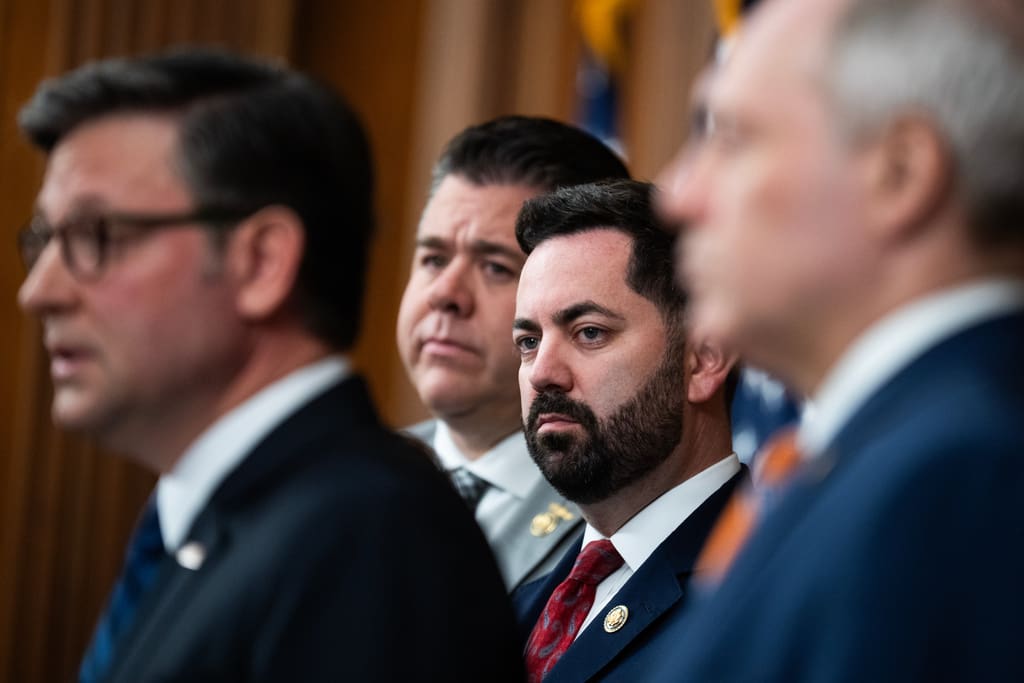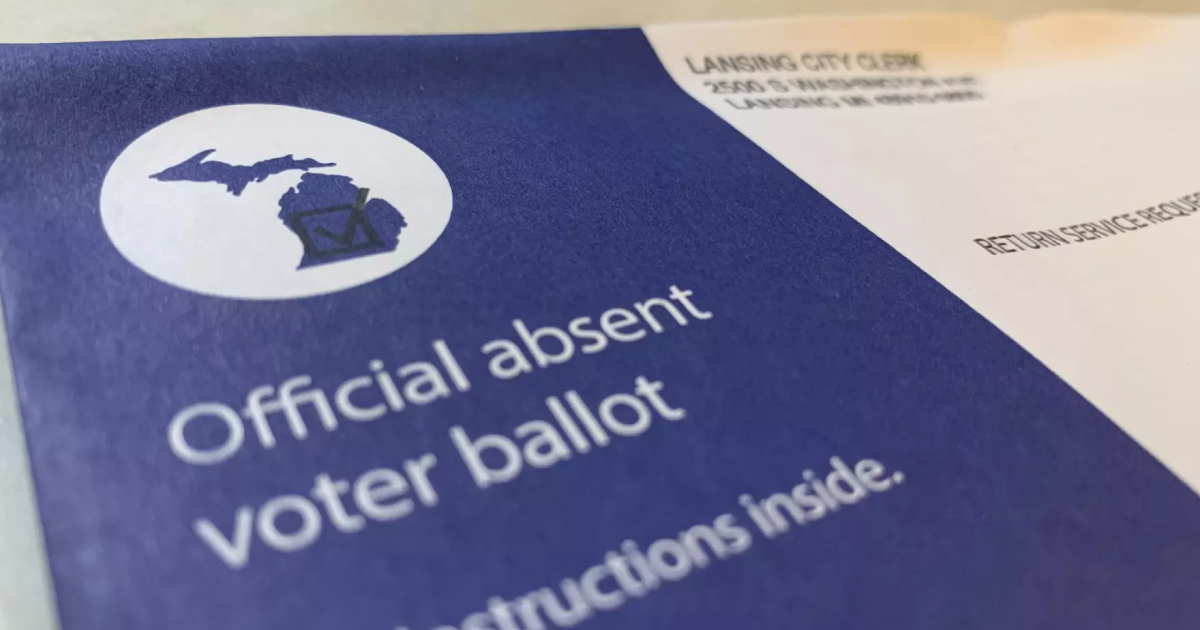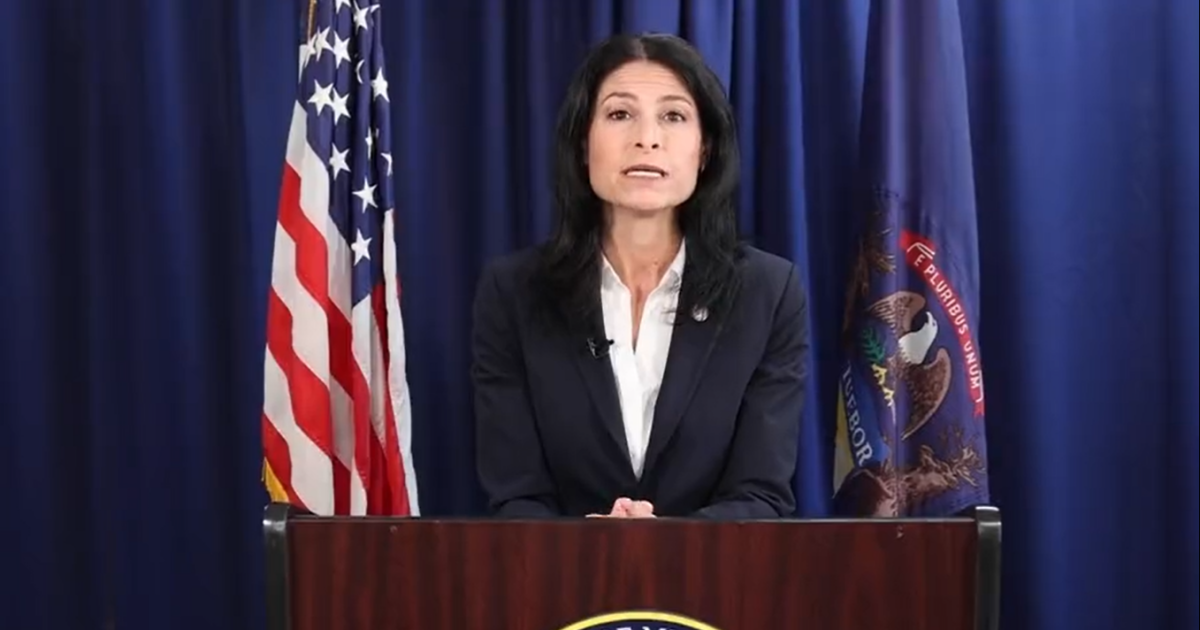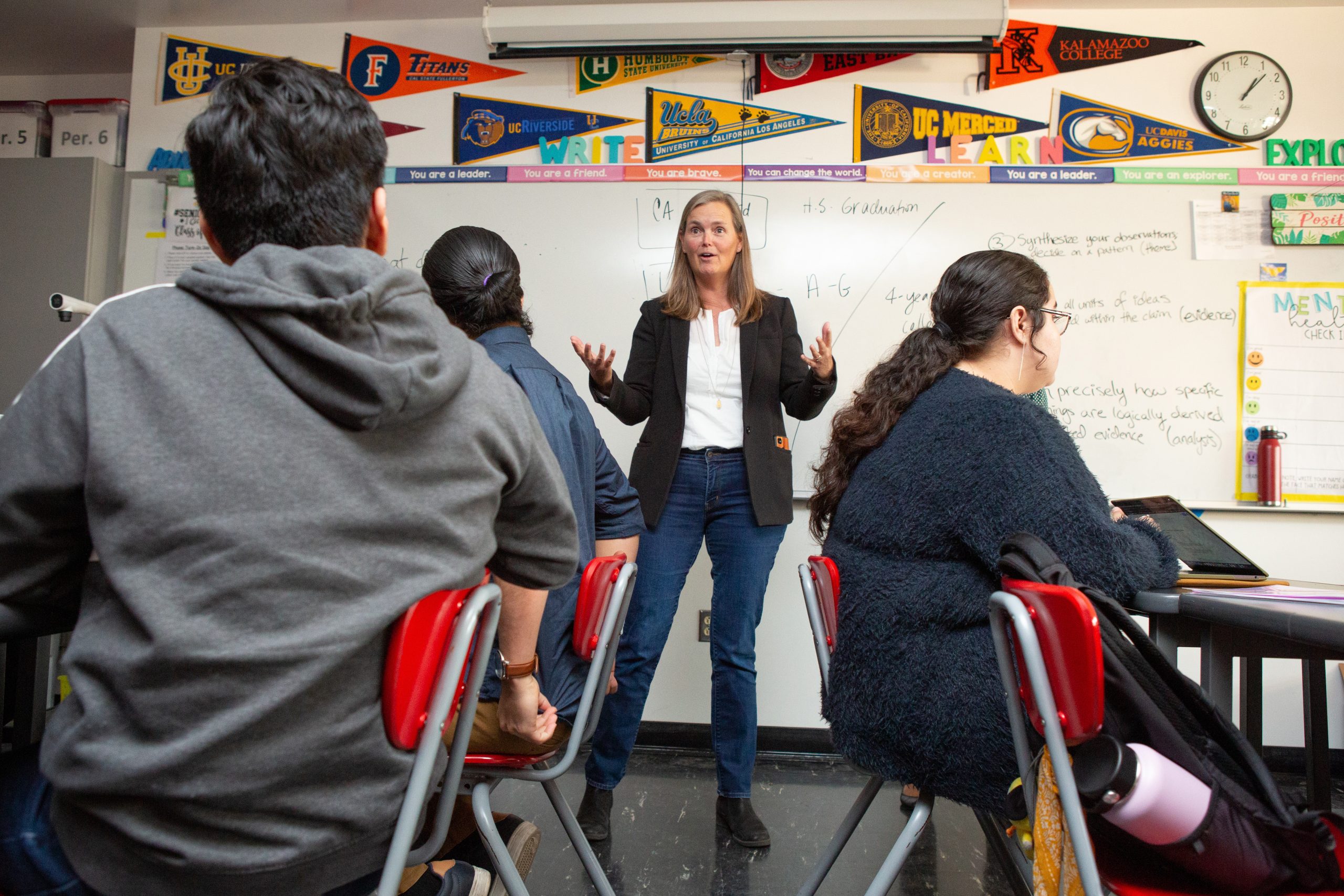When Starr Dixon learned of a proposal to cut Head Start, the federally funded early learning program, she was overwhelmed with emotion. The 27-year-old from rural Michigan relied on it for stability after leaving an abusive relationship. Located about 100 miles north of Lansing, Dixon’s daughter has thrived socially and verbally in the program, while Dixon gained valuable volunteer experience to fill a 7-year employment gap.
“It has just completely transformed my life,” Dixon expressed.
Across rural America, Head Start is a lifeline where childcare options are scarce. It not only boosts local economies but also enables parents to volunteer and gain employment. In western Ohio and other regions, parents echoed the program’s importance. However, since January, the Trump administration has destabilized the program by cutting staff and closing regional offices without increasing funds.
In Alabama, Jennifer Carroll, overseeing 39 Head Start sites for the Community Action Partnership of North Alabama, reassured families about stable funding through the year. She worries that funding fears could lead parents to withdraw their children, affecting their learning progress.
Meanwhile, Keri Newman Allred, director of Rural Utah Child Development Head Start, faces challenges in central and east Utah. Her programs, serving 317 children across 17,000 square miles, are at risk without increased funding to adjust for inflation and provide teacher raises.
Unlike other programs, Newman Allred’s cannot rely on private donations due to their location in sparsely populated “frontier counties.” Federal funding is crucial for survival. In April, the Department of Government Efficiency (DOGE) closed five of Head Start’s regional offices, leaving programs in states like Maine without necessary support.
“The closure of regional offices has all but crippled programs,” said Sue Powers, senior director at the Aroostook County Action Program in rural Maine. Programs are left without guidance in managing regulations and finances, creating a crisis.
Contact staff writer Jackie Mader at 212-678-3562 or mader@hechingerreport.org.
This story about Head Start was produced by The Hechinger Report, a nonprofit, independent news organization focused on inequality and innovation in education. Sign up for the Hechinger newsletter.
The Hechinger Report provides in-depth, fact-based, unbiased reporting on education that is free to all readers. But that doesn’t mean it’s free to produce. Our work keeps educators and the public informed about pressing issues at schools and on campuses throughout the country. We tell the whole story, even when the details are inconvenient. Help us keep doing that.
—
Read More Kitchen Table News










